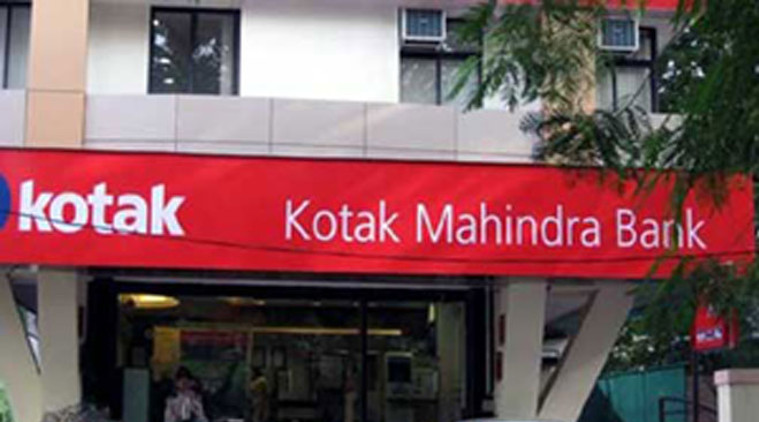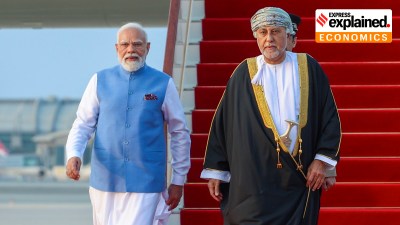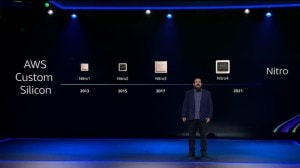Kotak Mahindra, RBI settle promoter stake tussle, voting rights to be capped at 15%
The bank has also decided to withdraw the writ petition filed by it in the Bombay High Court against the RBI. The promoters — Uday Kotak — currently hold 29.96 per cent stake in the company.
 The promoters will be entitled to purchase paid-up voting equity shares of the bank up to 15 per cent of the capital of the bank or such higher percentage as may be permitted in the future, and exercise voting rights on such shares.
The promoters will be entitled to purchase paid-up voting equity shares of the bank up to 15 per cent of the capital of the bank or such higher percentage as may be permitted in the future, and exercise voting rights on such shares.
Ending months of tussle over reducing the promoter stake, Kotak Mahindra Bank and the Reserve Bank of India have finally settled the issue amicably. The bank on Thursday said the promoters’ voting rights in the bank will be capped at 20 per cent of paid-up voting equity share capital until March 31, 2020 and at 15 per cent of the capital from April 1, 2020 as approved by the RBI.
“Promoters’ shareholding in the bank will be reduced to 26 per cent of the capital of the bank within six months from the date of final approval of the RBI,” the bank said in a stock exchange filing. Thereafter, the promoters will not purchase any further paid up voting equity shares of the bank till the percentage of promoters’ shareholding reaches 15 per cent of the capital of the bank or such higher percentage as may be permitted by the RBI from time to time, it said.
The bank has also decided to withdraw the writ petition filed by it in the Bombay High Court against the RBI. The promoters — Uday Kotak — currently hold 29.96 per cent stake in the company.
The promoters will be entitled to purchase paid-up voting equity shares of the bank up to 15 per cent of the capital of the bank or such higher percentage as may be permitted in the future, and exercise voting rights on such shares. “The RBI vide its letter dated January 29, 2020 has conveyed its in-principle acceptance (of the proposal). Our board of directors has resolved to abide by the above,” the bank said.
The RBI had asked the bank to cut promoter shareholding to 20 per cent of the capital by December 31, 2018, and 15 per cent by March 31, 2020. In August 2018, Kotak Mahindra Bank proposed to issue non-convertible perpetual non-cumulative preference shares to reduce promoter stake to 19.7 per cent, worth Rs 500 crore at Rs 5 apiece, which the RBI shot down arguing that preference shares do not comprise core equity and help promoters retain voting rights.
The RBI’s bank licensing rules stipulate that a private bank’s promoter will need to pare holding to 40 per cent within three years, 20 per cent within 10 years and to 15 per cent within 15 years. The central bank has taken a tough stand on promoters bringing down their stakes and making the ownership widely held. However, banks can’t be taken over by another entity without the RBI nod.
As a result, the tussle went to Bombay High Court and the matter was pending with the court.
According to the RBI’s bank licensing rules, a private bank’s promoter will need to pare holding to 40 per cent within three years, 20 per cent within 10 years and to 15 per cent within 15 years.
In June 2019, the RBI imposed a penalty of Rs 2 crore on Kotak Mahindra Bank for not complying with its directions regarding dilution of promoters’ shareholding in the company. The private sector lender was then directed by the RBI to furnish information about details of the shareholding held by its promoters and to submit details of the proposed course of action for complying with the permitted timeline for dilution of promoter shareholding.
In 2013, Kotak Mahindra Bank said Anand Mahindra had ceased to be a promoter of the bank. Mahindra and his family members held 3.68 per cent stake in Kotak Mahindra Bank and the holding would now come under public shareholding disclosure, the bank had then said.
As per the RBI’s latest regulations, ownership limits for all shareholders in the long run should be based on categorization of the shareholders under two broad categories — natural persons (individuals) and legal persons (entities/institutions). Further, non-financial and financial institutions, and among financial institutions, diversified and non-diversified financial institutions should have separate limits for shareholding.
In the case of individuals and non-financial entities (other than promoters and promoter group), the limit should be 10 per cent of the paid up capital. However, in case of promoters being individuals and non-financial entities in existing banks, the permitted promoter / promoter group shareholding should be in line with permitted level in the February 22, 2013 guidelines on licensing of universal banks — 15 per cent.
In the case of entities from the financial sector, other than regulated or diversified or listed, the limit should be at 15 per cent of the paid-up capital.
- 01
- 02
- 03
- 04
- 05































